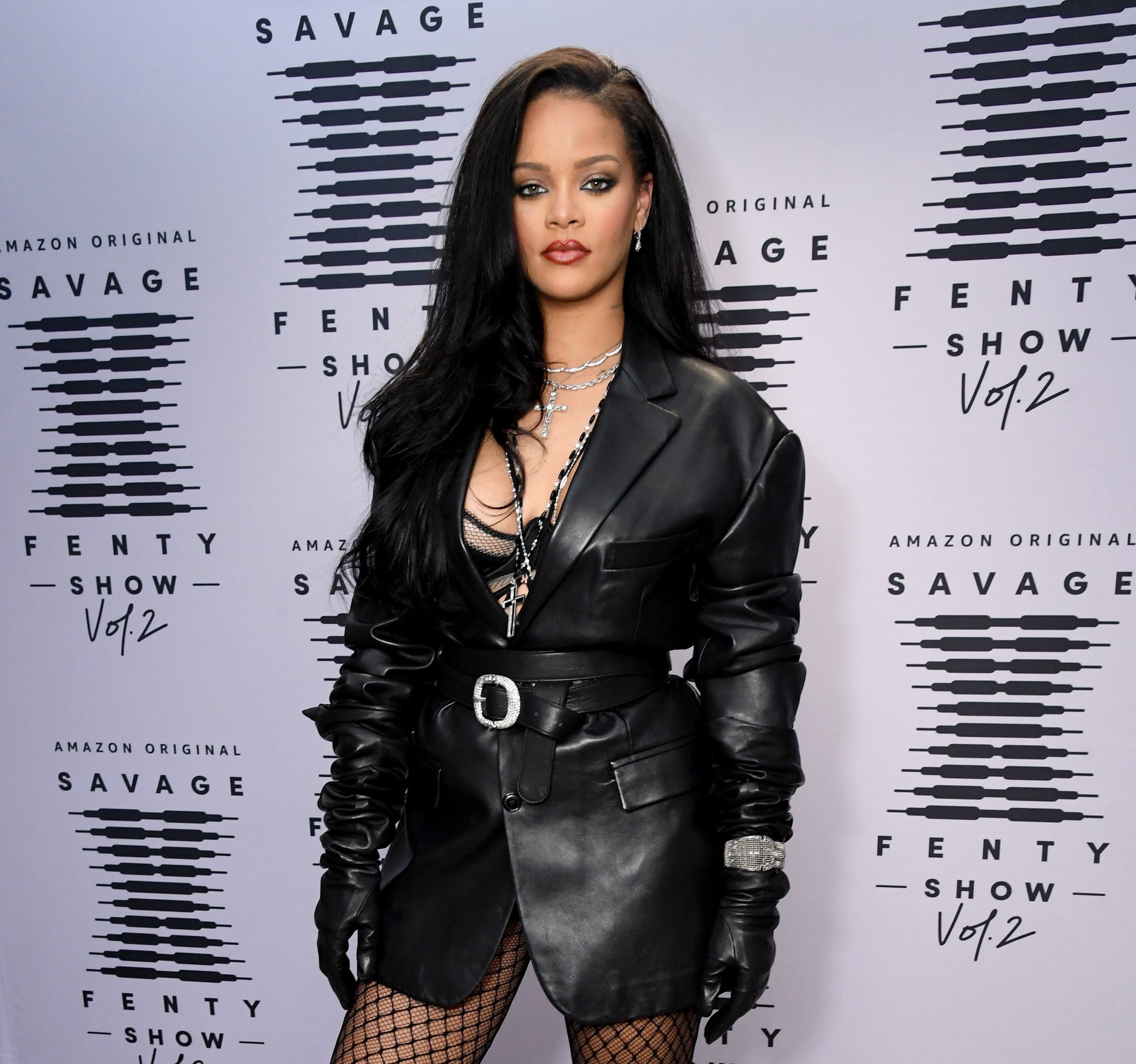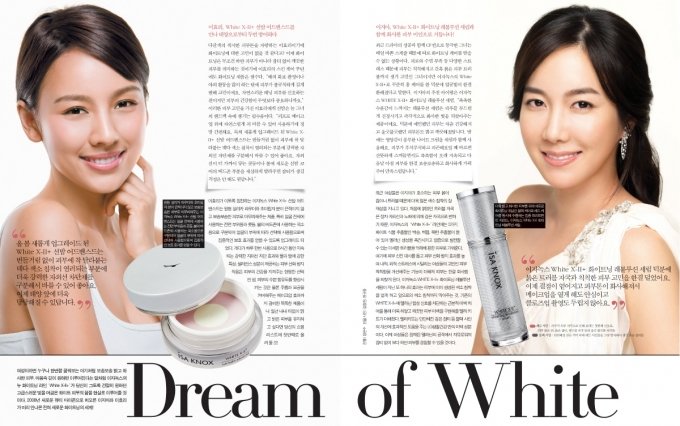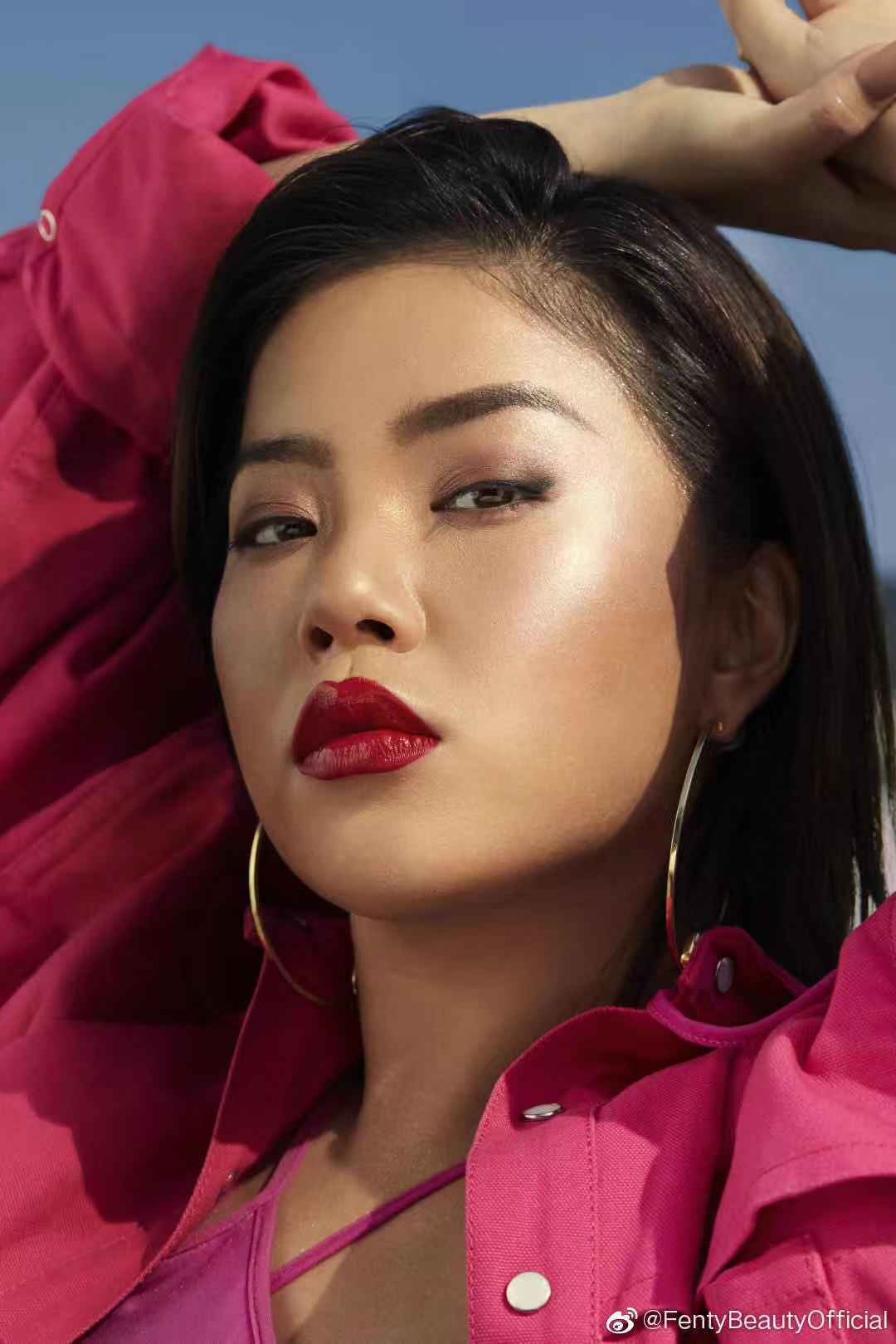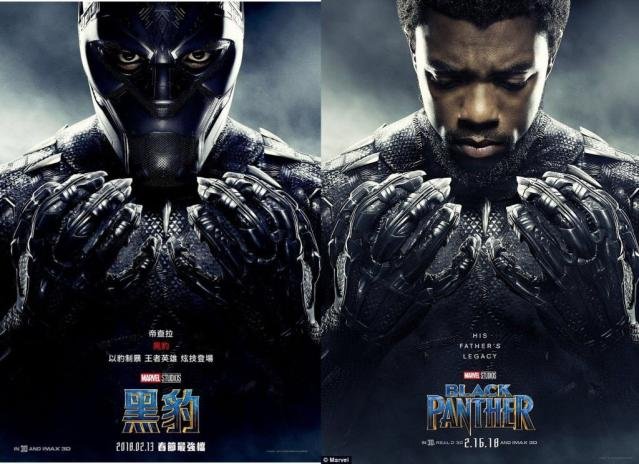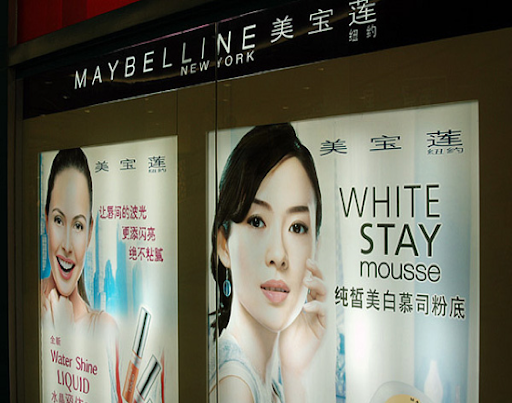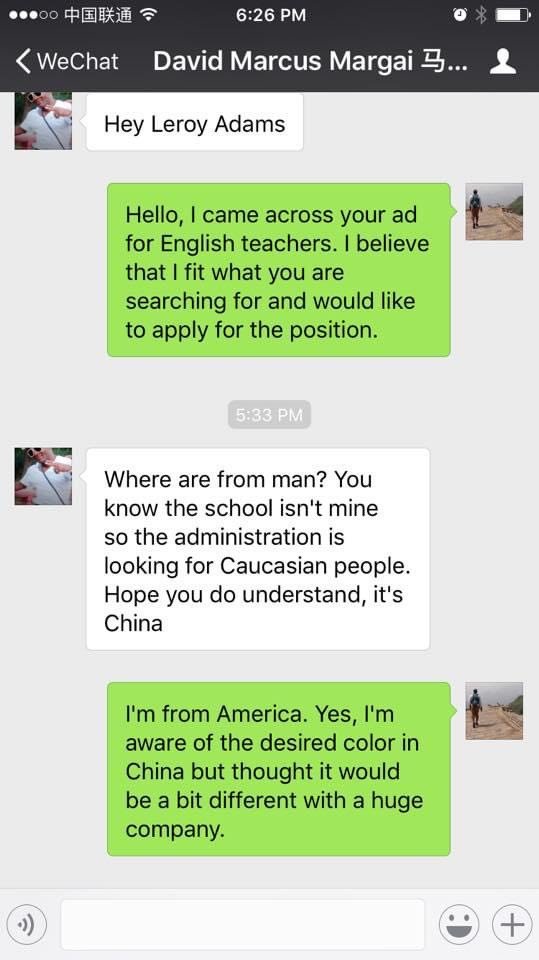How Rihanna and the Murder of George Floyd are Reshaping Beauty Standards in China
By Leroy Adams
Rihanna attends Savage X Fenty Show Vol. 2 presented by Amazon Prime Video at the Los Angeles Convention Center
There's money to be made in China, which is projected to have the world's largest economy by 2030.
As an expat in this Asian country, I saw firsthand its economic power, which is driven by its 1.4 billion population. For instance, the English learning market in China is valued at $80 billion.
Why?
Chinese parents, concerned about competition and space, want their children to have every advantage and understand both the value of learning the language of global business and the skill requirements for elite Western universities. Last year, 289,526 Chinese students enrolled in American colleges or universities, the lowest number since the 2013-2014 academic year when 274,439 Chinese students attended U.S. colleges and universities. Western ideas of success and beauty continue to heavily influence the shopping behaviors of Chinese consumers. In the summertime, I would walk down the busy streets of Sanlitun (downtown Beijing) and pass Chinese women carrying umbrellas large enough to cover three people trying to block out the sun, fearful of dark skin. Such behaviors are expected in a society encouraged by a multi-billion dollar skin-whitening industry.
This brings me to the purpose of this article, Rihanna's expansion of Fenty - her insanely popular cosmetic beauty brand - in the Chinese market is not only a testament to her business acumen, as you'll see but also an example of the power she wields to change hearts and minds. In China, Rihanna will make the type of money that will set RZA and Riot's grandchildren up for life, grow Fenty into the Louis Vuitton of the cosmetic industry, and, driven by her massive celebrity and inclusive brand messaging and products, give support to voices, sparked by the murder of George Floyd, ushering in a new narrative on race, identity, and beauty standards in Asia.
LIGHT IS AMERICAN
In 2016, I accepted a teaching job in Beijing with Education First.
One day, I was walking through one of the city's massive malls, and I noticed that most cosmetic stores featured Chinese models who looked like they were preparing for a role in the movie White Chicks. I grew up on Rush Hour; Jackie Chan did not look like that. The next day, when I asked my Chinese colleague to describe the physical characteristics of someone from a Western country, she replied," They have a small nose and small lips, and they are light…". The whole time, in my head, I'm like, "Damn, she is not talking about me.”
My friend, with every ounce of her vehement spirit, declared that she, too, was white!
The ‘Dream of White’ whitening trend illustrated in Asia
FENTY EXPANDS IN CHINA
In 2019, Fenty collaborated with Chinese pop singer Wangju (pictured above), who has tan skin and a slightly full-figured body shape, Fenty Beauty intended to challenge traditional Chinese definitions of beauty, such as skinny and light skin.
So, when I learned about Rihanna's Fenty expansion in the Chinese market all I could do was bend the knee to the queen - first of her name, breaker of ceilings, survivor of Chris Brown, dismisser of Drake, roller of blunts, mother of two, and Black queen of the Middle Kingdom.
You must understand that Rihanna landed Fenty in Hong Kong and Macau (in China, but technically not a part of China; it's complicated; blame the Brits) in 2019. Three years after my Chinese colleague implied that I wasn't American because I had a strong nose, lips with curves, and wasn't "light." The chaucasity! And one year after Marvel, in 2018, faced criticism for Black Panther posters that covered the face of Chadwick Boseman, feeding the idea that Black Faces don't sell in international markets.
Now, Fenty - a black-owned cosmetic brand - led by a billionaire Black woman from Barbados who achieved "fuck you money" type of fame and power in the U.S. lands in China, with the ability to completely shatter Eastern ideas of not only what someone from the West looks like, but what someone from the West with money and power, looks like.
Side by side comparison of Black Panther poster in China (left) and the U.S. (right)
In August 2019, Grand View Research found that the market size of global skin-lightening products was $8.3 million in 2018, with the Asia Pacific region being the largest market at just over 54% of sales. Based on sales, the top five ranking countries in 2019 were China, Japan, India, Indonesia, and South Korea. According to data from Euromonitor - a leading provider in market research - China's whitening lotions market is valued at 3.7 billion, skin-whitening face masks are worth $1.5 billion, and toners are worth $984 million.
"Whitening is one of the most popular skin-care functions among Chinese consumers," said Ye Chen, a research analyst at Chemlinked.
GEORGE FLOYD
In 2020, Asia's 7.5 billion skin whitening market experienced growing scrutiny after three of the biggest global companies in cosmetics L'Oreal, Johnson & Johnson, and Unilever - vowed to change their marketing of popular products, responding to a worldwide increase in anti-racist sentiment.
What happened? The murder of George Floyd.
In 2020, corporations began to reassess their brand amid anti-racist protests sparked by the murder of George Floyd by police in the United States. For example, L'Oreal announced that its skin evening products would no longer be marketed with the words "fair," "whitening," and "lightning." The changes demonstrated how it became increasingly difficult for big consumer brands to express that Black lives matter while selling a product with an implied message that lighter skin is preferable at a time when large anti-racist protests in response to the killing of George Floyd took place in key markets like India, China, and Japan.
Skin-whitening products advertised in a Chinese mall
Timing is essential in business, and we'd be remiss if we had not mentioned that Rihanna is a savvy businesswoman. She and her team likely recognized an opportunity to aggressively break into the Asian cosmetics market when consumers were demanding brands evolve to be more inclusive, driven by Black Lives Matter. Rihanna and Fenty's impact in China (Fenty has also expanded in the Indian market) goes beyond the financial gains by expanding into what economic experts project will be the largest economy in the world with a GDP per capita of US$12,551 in 2021, about six times lower than that of the U.S. She also enters into a market with the potential to reach up to 1.4 billion people with new ideas on diversity, identity, beauty, and Blackness.
Ladies and gentlemen, this is Black and cultural power effectively used in the most potent way possible, and, per usual, it creates pathways for others. Fenty is a champion of diversity, and China is no stranger to internal racial and class power struggles. Similar to the U.S., the lighter your skin, the better your circumstances in China. I recall when I was denied a teaching job because I was Black. The Chinese parents wanted someone white whom they perceived as a native English speaker. So they hired a Russian. Almost weekly, my darker-skinned Chinese friends and coworkers would bring down the difference in treatment. If you had dark skin, you probably worked in the fields. Lighter skin would get you in if you want to make it in TV and film. Their stories and experiences around race and class were consistent with mine in the U.S.
RESHAPING MINDS
Can Fenty, one of the most popular beauty cosmetic brands in the world with one of the most recognizable and beloved celebrities on the planet, with a popular and growing presence in China, encourage future generations in the mainland to think differently about race, identity, and beauty?
To be clear, we're not asking her to, nor should we expect it. When LeBron and Nike moved to China, no one expected them to save the world. We expected them to expand their brand, grow their following, and make money. We wish Queen Ri the same and more.
And, if it so happens that 30 years from today, my child, while teaching in China, sees himself when his colleague describes a western looking person, then we'll be sure to give credit to the one who gave us the perfect response when an airline cancels our flight - bitch better have my money!
Congrats, Rihanna!

